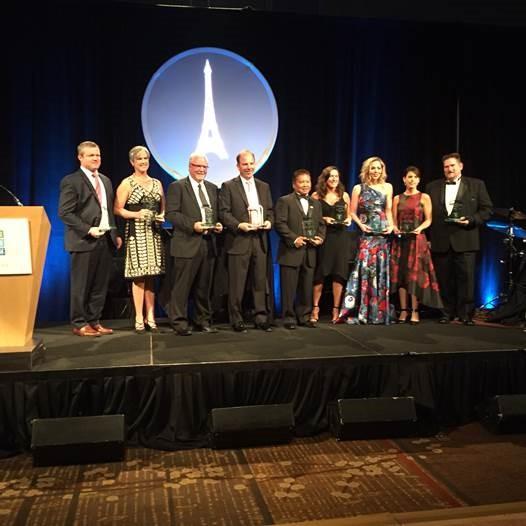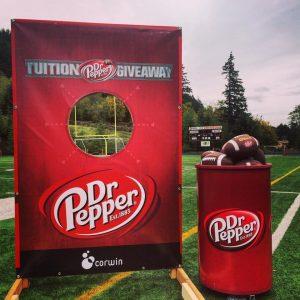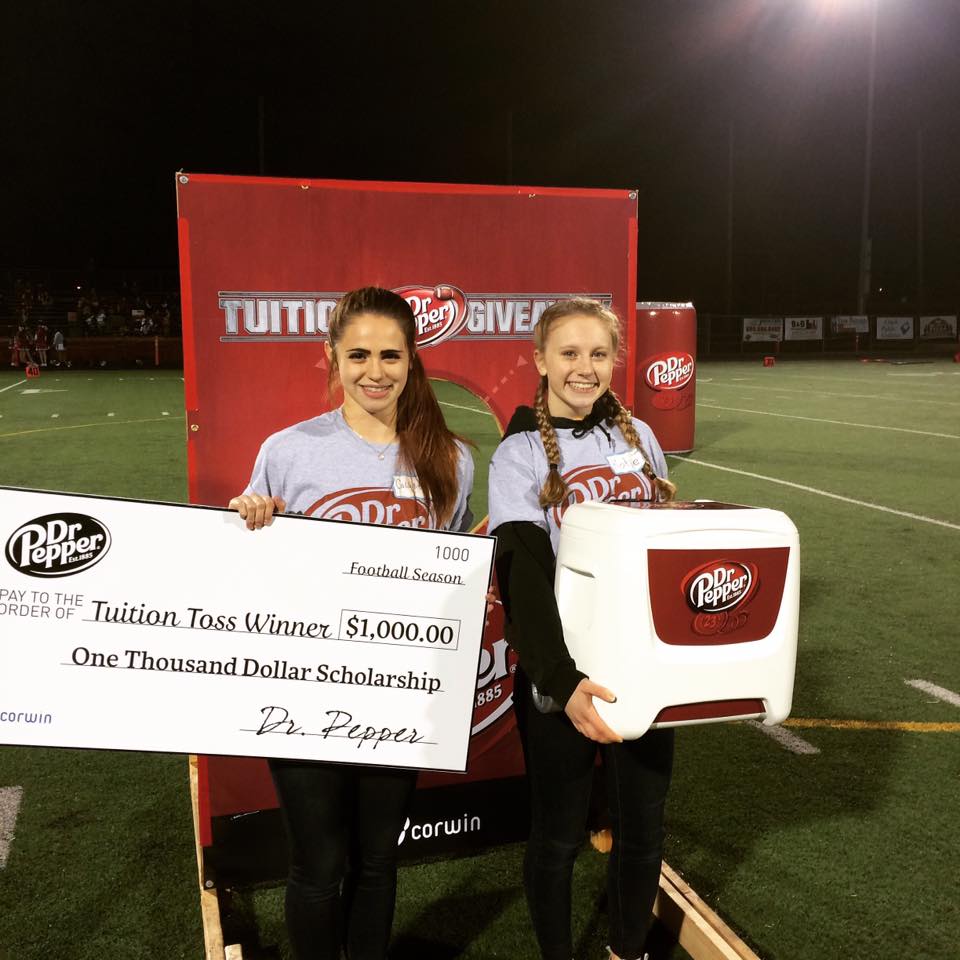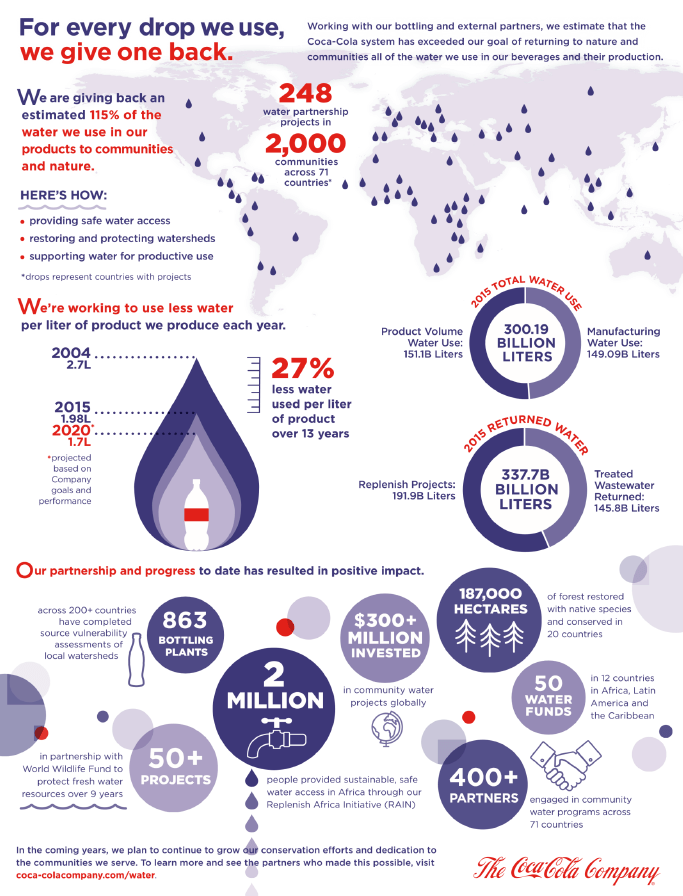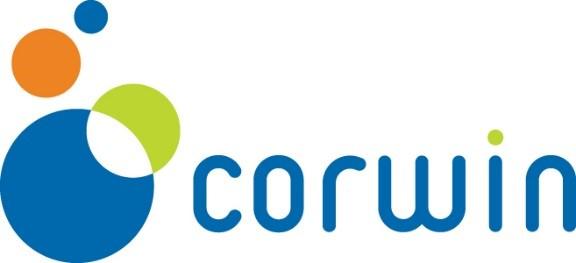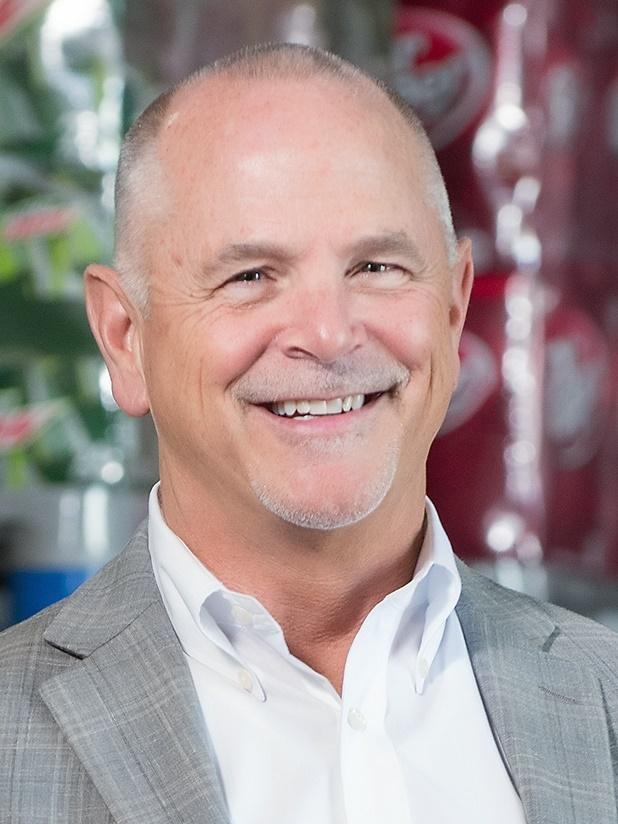SEATTLE (February 22, 2017) — In response to the City of Seattle proposal to further tax sodas, energy, sports and fruit drinks, the Washington Beverage Association released the following statement:
Seattle taxpayers and small businesses are certainly in favor of making sure all Seattle students have equal opportunities to succeed in school. But there has to be a better way to do this than with a highly regressive tax that makes prices skyrocket on working families and hurts Seattle small businesses.
At 2-cent per ounce, the initial impact will hit small, family owned and neighborhood markets who are struggling to compete and whose wholesale price for a beverage could increase by nearly 75%. That seriously impacts their chance to survive. Even if they can forward the costs to consumers, the evidence in Pennsylvania shows the negative impact of these taxes — sales will fall, layoffs result, and consumers who do buy beverages do so at a dramatically increased price.
Mayor Murray’s 2-cent per ounce tax will make hundreds of beverages much more costly for Seattle families: a 12-pack of 12-ounce soda cans will cost an extra $2.88 and a 10-pack of 6-oz. juice boxes could go up $1.20. A 2-liter bottle that sells for 99 cents will be hit with a tax of $1.36 and it makes the price at checkout more tax than beverage.
This is the kind of sticker shock that the people of Philadelphia have experienced when a beverage tax was slapped on teas, sports drinks, juice drinks, soda, flavored waters and energy drinks. Some Philadelphia storeowners say sales are down as much as 50 percent since the tax went into effect Jan.1, and they complain that stores just outside the city are taking their customers.
There are better ways to fund city priorities than a tax that is an unreliable revenue source for a city program that deserves a stable source of revenue. A beverage tax cuts incomes and sales from our local small businesses and places a larger share of the tax burden on residents least capable of paying it.
Funding education opportunities for Seattle’s youth is critical and we hope to be partners in helping find solutions that accomplish our goals without creating undue harm on working families in Seattle.
###
For more information, please contact:
Jim Cullinan
206-724-4588

